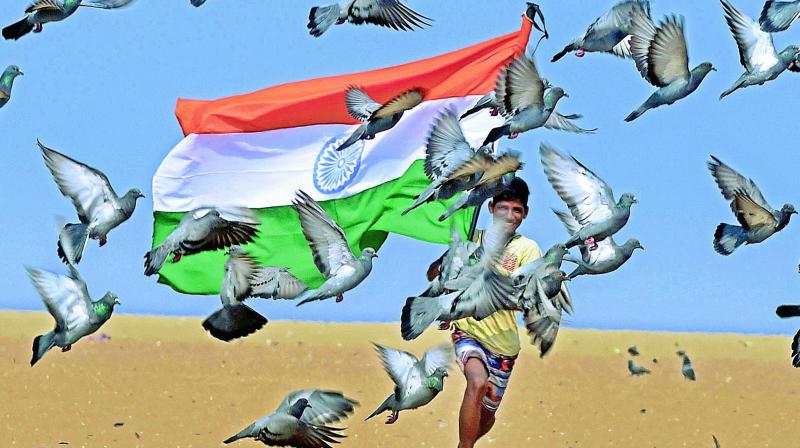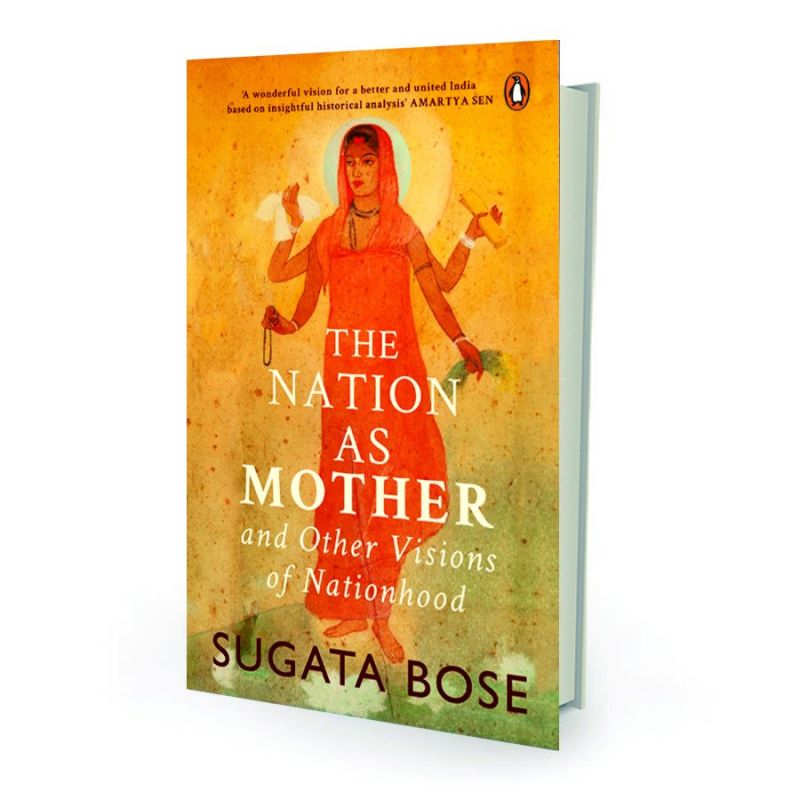Visions of a nation
Historian and politician Sugata Bose stresses on the need for freedom of speech and expression and the right to quality education.

Revolving around different visions of India as a free and flexible federal union, Indian historian and politician Sugata Bose has come up with a new book — The Nation as Mother And Other Visions of Nationhood, which also talks about the relationship between nation, reason and religion in Indian political thought and practice. The book also goes on to analyse the political legacies of Tagore and Gandhi, Nehru and Bose, Aurobindo and Jinnah, and a range of other thinkers and leaders of the anti-colonial movement.
Interestingly, the 60-year-old author has addressed the book to “students who value freedom”. Ask him why, and he quips, “As a historian, I have tried to educate our younger generation through this book about the values of service and sacrifice, held dear by those who ensured that we were born in free India. Our freedom fighters knew that nationalism had a liberating aspect, but also an oppressive potential. Netaji Subhas Chandra Bose, for instance, favored a form of nationalism that would instill a spirit of service and inspire creative faculties among our people.”
In a chapter titled Fiscal Federalism, Sugata mentions the meagre budget that is allocated towards education in India, especially primary and secondary school education. “Our biggest failure since 1947 has been in the fields of primary education and primary health care,” he says, adding, “Spending on education must be increased. In the last two decades, we have enhanced access to school education, but we must improve quality by investing in teachers’ training. Institutions of higher education must be given academic autonomy. The government must play an enabling, but a non-interfering role in the field of education.”
Talking about the growing intolerance among citizens, Sugata argues that although intolerance is bad, it is not enough.
 The Nation as Mother And Other Visions of Nationhood, Penguin Random House pp.272, Rs 499
The Nation as Mother And Other Visions of Nationhood, Penguin Random House pp.272, Rs 499
“The word ‘intolerance’ is simply a euphemism for a wave of injustice and inhumanity that is sweeping across our land. It has taken various forms, but we need to recognise that its expression in the form of religious majoritarianism poses the gravest threat to our democratic polity. We also need respectful dialogue when we advocate different ideologies. We must aspire to something higher and cultivate cultural intimacy and intellectual engagement among our diverse communities,” says the author.
Although there are several problems that India needs to find a solution to, Sugata is optimistic that critical thinking is the key to nurture our democracy. “There should be no restrictions, except in extreme cases of hate speech. Our students and youth should be encouraged to question orthodoxies and think critically. In addition to giving them the freedom to think and speak, they may even be permitted the freedom to make mistakes and learn from them,” he says, adding that the colonial law of sedition should be removed from independent India’s statute book.

